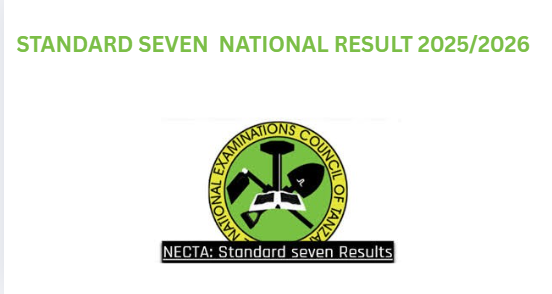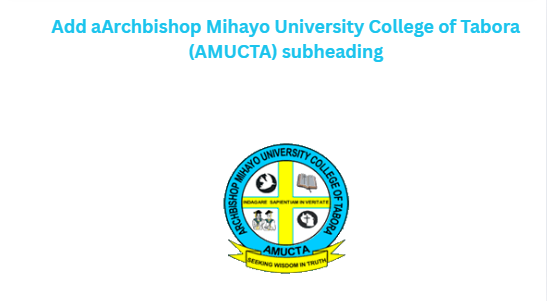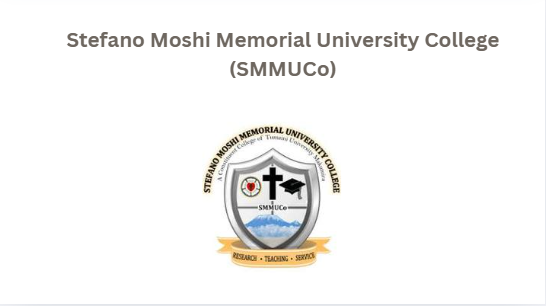NECTA Standard Seven Results 2025 Released
Tanzania’s Standard Seven Results Show Continued Progress: 81.80 % Pass Rate in 2025
In the latest release by the National Examinations Council of Tanzania (NECTA), the 2025 results for the PSLE (for pupils in Standard Seven) are out — and the numbers show encouragin progress. School Base Online Jobs+1
Key statistics
-
A total of 1,146,164 pupils sat for the PSLE in 2025. From these, 937,581 pupils passed, giving a national pass rate of 81.80%. School Base Online Jobs+1
-
Among girls, the pass rate reached 81.21%; for boys it was 82.51%. Daily News Tanzania
-
The “quality of performance” (those obtaining grades A or B) also improved: 36.90 % of candidates achieved A or B, up from previous years. Daily News Tanzania
-
Out of 19,436 schools that had PSLE candidates, 17,727 schools (91.21 %) recorded an average grade of A–C. Daily News Tanzania
What these results tell us
-
Improved performance: The rise to 81.80% indicates that primary school pupils in Tanzania are performing better year-on-year in the PSLE. Daily News Tanzania
-
Closing gender gap: While boys still marginally out-performed girls in some measures, the gap is narrowing as girls’ performance improved. Daily News Tanzania
-
Wider school success: With over 90% of schools posting average grades in the A–C range, it shows that the improvements are not just from a few top schools but across many institutions.
-
Challenges remain: Although the pass rate is strong, that still means nearly one in five pupils did not pass. Also, the quality (A/B) at 36.90% suggests a large proportion of pupils are passing at lower grades (C or equivalent) and may require further support to reach higher levels.
Context & background
The PSLE (Primary School Leaving Examination) is the national examination taken by Standard Seven pupils (end of primary education) in Tanzania, and it plays a key role in determining their transition to secondary education. Wikipedia+1
In 2025, NECTA also emphasized inclusive arrangements: for example, of the candidates registered for the national exams, thousands with disabilities were accommodated. IPP Media+1
Implications for learners, parents & schools
-
For learners: Passing the PSLE opens up the pathway to secondary school or vocational training. But for those who did not pass, it’s crucial to explore remedial programmers, bridge courses or alternative pathways rather than seeing the result as a final stop.
-
For parents: The rising pass rate is positive, but parents should also pay attention to how well their children are achieving quality grades (A/B) and what kind of support they need at home (tutoring, study environment, motivation).
-
For schools & teachers: The high number of schools with average A–C performance suggests many schools are doing well, but continual professional development, investment in teaching resources and focus on weaker subjects (such as English) are still needed.
-
For policymakers: The results show that national efforts to improve primary school education are bearing fruit. Yet, policies should now focus on improving quality, reducing regional disparities and ensuring that every learner has an opportunity to succeed.
What to watch next
-
Subject-wise performance: While the aggregate pass rate is promising, the performance in key subjects (e.g., English, Mathematics) often lags behind. Targeted improvement in weaker subjects will be essential. The Citizen+1
-
Regional disparities: Some regions consistently outperform others. Understanding the factors behind the top-performing and lower-performing regions can help in designing interventions.
-
Transition rate to secondary: It will be useful to follow how many of the passed pupils successfully transition into secondary schools and how they perform subsequently.
-
Quality over quantity: The focus moving forward should shift slightly from just increasing pass rates to also elevating the quality of learning so more pupils achieve A and B grades.
Archbishop Mihayo University College of Tabora (AMUCTA)
Stefano Moshi Memorial University College (SMMUCo)


